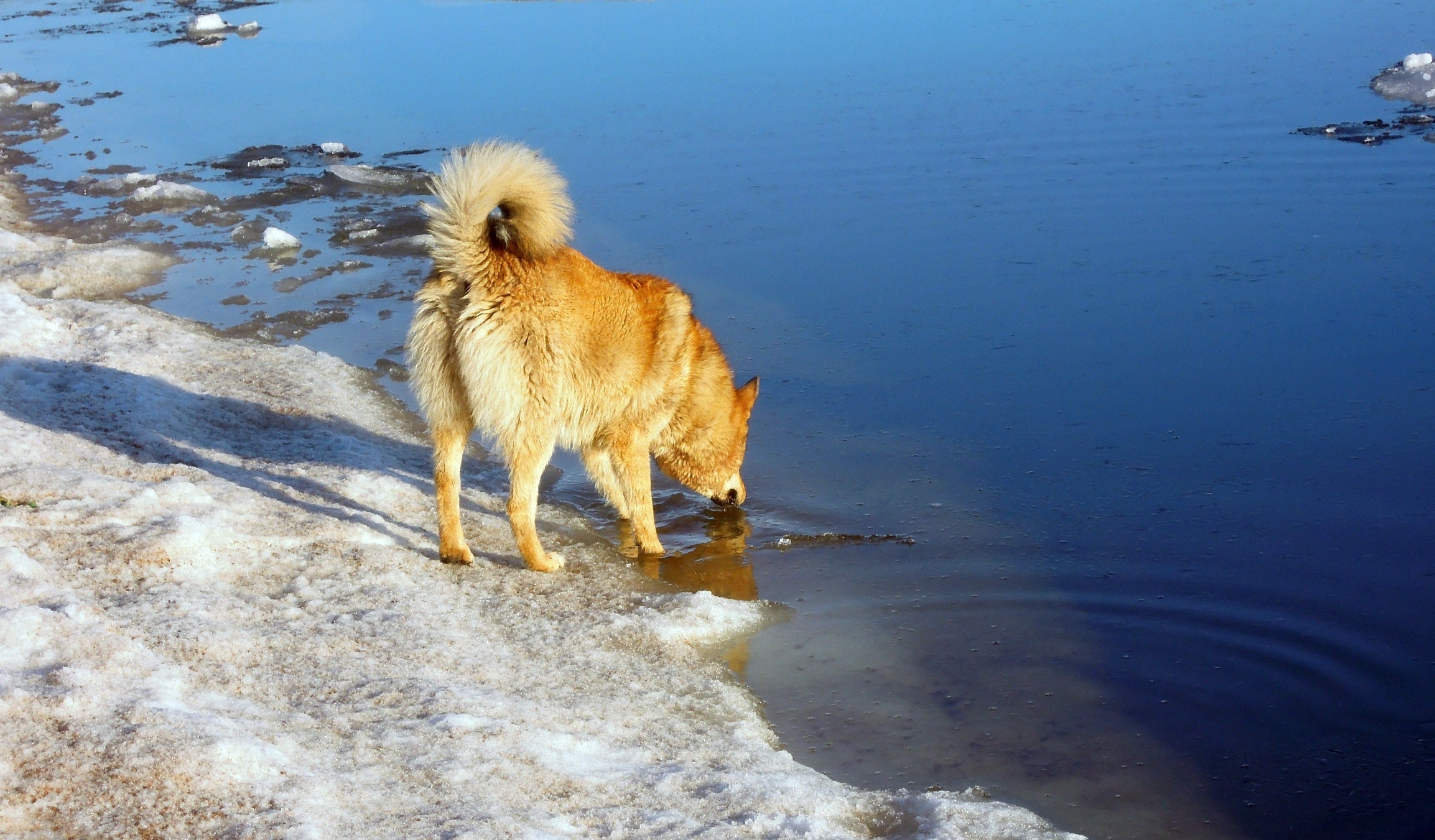
De impact van klimaatverandering op de gezondheid van huisdieren: wat eigenaren moeten weten
Klimaatverandering heeft niet alleen gevolgen voor mensen, maar ook voor de gezondheid van huisdieren . Van stijgende temperaturen tot veranderende weerpatronen: huisdieren worden geconfronteerd met nieuwe uitdagingen die hun welzijn kunnen beïnvloeden. Inzicht in deze veranderingen is cruciaal voor elke verantwoordelijke huisdiereigenaar. In dit artikel onderzoeken we hoe klimaatverandering huisdieren beïnvloedt , met aandacht voor allergieën, temperatuurgerelateerde risico's, parasieten en stress , en geven we praktische tips om je harige vrienden te beschermen.
Hoe klimaatverandering allergieën bij huisdieren beïnvloedt
Stijgende temperaturen en verschuivingen in seizoenspatronen kunnen leiden tot een toename van het pollengehalte en verandering van de vegetatie, wat leidt tot frequentere allergische reacties bij honden en katten .
Tekenen van een huisdierallergie zijn onder meer:
-
Overmatige jeuk of krabben
-
Roodheid of geïrriteerde huid
-
Waterige ogen of neusafscheiding
Tips voor het omgaan met allergieën voor huisdieren:
-
Houd uw huisdieren goed in de gaten tijdens het hoogseizoen van pollen.
-
Raadpleeg uw dierenarts voor behandelingsopties als de symptomen aanhouden
-
Houd binnenruimtes schoon en verminder de blootstelling aan allergenen
SEO-trefwoordopname: huisdierallergieën, klimaatverandering en huisdieren
Temperatuurschommelingen en hitterisico's voor huisdieren
Extreem weer en stijgende temperaturen vormen een ernstig risico, zoals een hitteberoerte . In tegenstelling tot mensen hebben huisdieren vaak moeite met het reguleren van hun lichaamswarmte, waardoor ze kwetsbaar zijn tijdens hittegolven.
Voorzorgsmaatregelen om huisdieren tegen hitte te beschermen:
-
Houd huisdieren op koele, schaduwrijke plaatsen
-
Zorg voor voldoende vers water
-
Vermijd langdurige buitenactiviteiten tijdens warme periodes
Opname van SEO-trefwoorden: gezondheidsrisico's voor huisdieren, hitteberoerte bij huisdieren, klimaatverandering bij huisdieren
Parasieten: hoe warmere klimaten de risico's vergroten
Veranderingen in temperatuur en vochtigheid beïnvloeden de levenscyclus van teken, vlooien en andere parasieten , waardoor het risico op infecties en ziektes bij huisdieren toeneemt.
Preventieve maatregelen voor de bestrijding van parasieten bij huisdieren:
-
Plan regelmatig een veterinaire controle
-
Gebruik preventieve behandelingen tegen vlooien en teken
-
Houd de blootstelling aan de buitenlucht in de gaten en zorg voor hygiëne
SEO-trefwoordopname: parasietenpreventie voor huisdieren, vlooien en teken, effecten van klimaatverandering op huisdieren
Stress en angst bij huisdieren door weersveranderingen
Huisdieren zijn gevoelig voor plotselinge temperatuurschommelingen, stormen en omgevingsinstabiliteit, wat kan leiden tot stress en angst .
Manieren om stress bij huisdieren te verminderen:
-
Creëer kalme, veilige binnenruimtes
-
Zorg voor rustgevende speeltjes of voorwerpen
-
Raadpleeg indien nodig een dierenarts voor strategieën voor stressbeheersing
SEO-trefwoordopname: stress bij huisdieren, klimaatverandering en huisdiergedrag
Conclusie: uw huisdier beschermen in een veranderend klimaat
Klimaatverandering heeft een steeds grotere impact op de gezondheid van huisdieren, zowel subtiel als ingrijpend. Van allergieën en hitterisico's tot parasieten en stress: bewustwording van deze uitdagingen is de eerste stap naar de bescherming van uw huisdieren.
Door preventieve maatregelen te nemen, de gezondheid van uw huisdier in de gaten te houden en goed geïnformeerd te blijven, kunt u ervoor zorgen dat uw huisdier zich goed gedijt in een veranderende omgeving. Vergeet niet: een goed beschermd huisdier is een gelukkig huisdier.
Professionele tip: Houd de dierenarts op de hoogte, pas de omgeving van uw huisdier aan de weersomstandigheden aan en let op vroege tekenen van stress of ziekte.